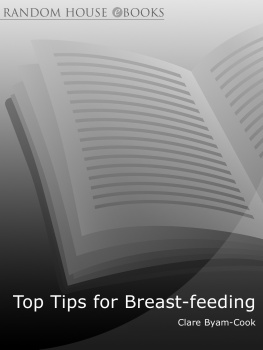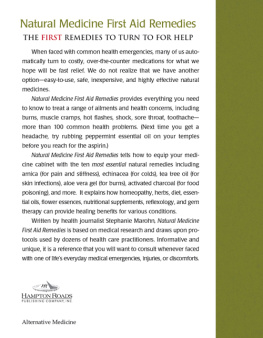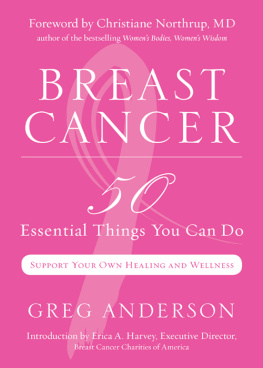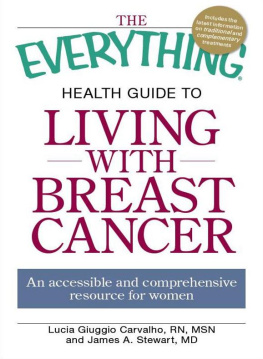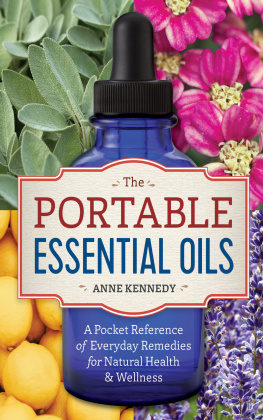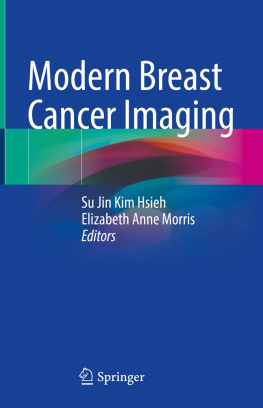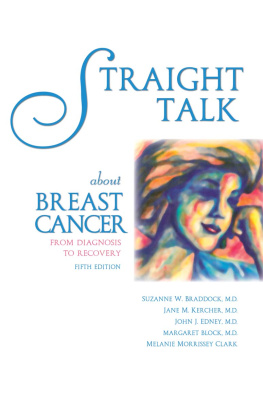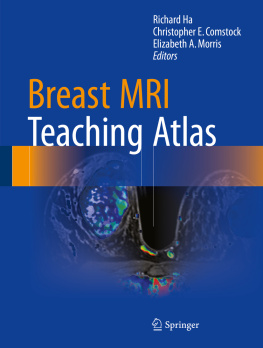Dr. Deans Commonsense
Guide for Anything
That Ails You
Dean Edell, M.D.
with
Melissa Houtte
who have made me a better doctor.
W e live in the greatest place on Earth. I am reminded of this every day on my radio show, when I spend an hour talking to people about the most amazingand sometimes shockingsubjects. We have few limitations. The government, religion, sex, politicians, and medical practices are all fair game, as they should be. Despite our countrys problemsand I dont want to minimize thosewe do have the proverbial life, liberty, and pursuit of happiness.
But weyou and Ihave created a kind of chaos because of where we live. Our freedomfreedom to do business, freedom to make personal choices, freedom to say whatever we wanthas allowed us to have the best and worst that society has to offer. And nowhere is that more evident than in the world of health and medicine.
If I have to be sick anywhere, Id rather be sick here. But that doesnt mean everything is perfect; and many Americans have become riddled with doubt or confusion about the state of medicine in America. Sometimes it really can be difficult to determine what is best for you and your family. It seems that everyone has an opinion about the best path to good health.
I am reminded of a letter I received not too long ago, one that symbolizes the craziness that we all have to sort through.
Dear Radio Host, it began, like so many of the commercial pitches I get every day from product and personality promotersmost of which go right into my wastebasket.
This promotion was straightforward but instantly suspect: How to protect yourself against West Nile fever without toxins. Mosquito season was on the way, and this expert was seizing the moment.
OK. We have a disease that has killed hundreds of Americans whove been bitten by mosquitoes, and the best protection, according to all medical experts, is to use a potent repellent and take other protective measures when outdoors during mosquito season. But this guy had better ideas, and he wanted the opportunity to talk about them on my show.
Over my dead body. But I kept reading.
Instead of using traditional repellents, according to this letter, we should all go to the kitchen for natural substances for killing the virus fast. Aha. Naturalthe word thats launched multimillion-dollar supplement companies, alternative grocery chains, and endless lines of beauty products. If its natural, its got to be good for you, right? Well, tobacco and certain wild mushrooms are natural and look where theyll get you. The cemetery.
The West Nile fellows natural repellent ideas were imaginative, to say the least, and my favorite made me want to plan a trip to Italy. In short, he seemed to suggest that before heading outdoors we all smear ourselves with a combination of spaghetti sauce and honey. Yes, you read it right.
I knew some talk show somewhere would soon have him on as a featured guest, because he claimed thousands of past bookings on radio and television programs. And people would hear him and not know just how ridiculous his advice was, and somewhere unfortunate little kids would spend a summer outdoors looking like giant meatballs. Hopefully, that would be the only damage done by his advice.
How did the most sophisticated, technologically advanced country on earth get to the point where fears can be manipulated like this? Why are so many of us gullible? Why are some of us convinced that conspiracy is behind much of legitimate modern medicine and health science?
I dont have a simple answer to these questions. I sincerely believe that most of us want to do the right thing for ourselves, but the pursuit of healthiness is not a straightforward matter. Far from it. One day the newspaper headlines and morning talk shows trumpet news of research showing that margarine is good for you. A few months later, oops, it now appears it will kill you. Carbohydrates go from being the healthiest foods on earth to a hidden menace in cakes and cookies, a quick path to a coronary. Chocolate is the devil or its the answer to everything from toe fungus to baldness. Who wouldnt be confused by the ceaseless information overloadeven if every story were thoroughly and accurately reported? Which they frequently arent.
And sometimes, science has been known to cut a wide swath through an issueestrogen is a good examplebefore we fully know whats right and what isnt. Early research doesnt always tell us everything we need to know, but occasionally our society is so desperate for a solution that doctors and patients grab at whatever seems best at the moment.
When women began calling my show twenty years ago with their first estrogen therapy questions, lots of good doctors had already bought into this treatment. I couldnt see the proof that menopausal women would benefit from it, but that was one opinionand I cant blame women who went with their doctors advice. These were smart physicians who wanted nothing more than to help their patientswe just didnt see the research quite the same way.
It took a long time for studies to get to hard answers on estrogens, but we now know that not only do they do no good but also that they may actually promote killers like heart disease and Alzheimers. If doctors are confused about something this profound, how can the public fail to be confusedand fearful?
Unfortunately, some of the very liberties we so cherish in this culture have now become a source of danger to our health. The promotion of health has become a huge business that sometimes veers out of control. Yes, we have amazing new medications, medical tests, and technology that save many lives. But the bad apples in the industryand medicine is an industryhave no qualms about cashing in on our anxieties.
We are told we can fight cancer, protect our memory, and improve our sex life, and almost everything seems to come with a guarantee. The manufacturers and marketers often hide behind the right to free speech, but they can make Pinocchio look like a saint in need of a nose job. Tiny tight buns, bulging bosoms, and six-pack abs are not just an 800 number away. Remember: Nothing good or lasting comes that easily.
In spite of our ever-increasing longevity and strides toward better health, we are a society of the worried well. We often rush to emergency rooms and doctors offices for the most minor ailments. While images of terrorism, bio warfare, and SARS swirl around us, we freak out about the mercury in our fillings, the mold in our basement, the trans fats in our Oreo cookies. The incongruities are humorous, but they are also unsettling.
At a deeper level, I see worries that border on paranoia, and those could endanger all of us. I have talked to people who think there is a medical conspiracy that will prevent cancer from ever being cured. One in five Americans20 percentbelieves that an AIDS vaccine already exists but is being kept secret from the public. And over 40 percent of us dont know that all vaccines first must be tested on human volunteers before being made available to the public.
The panic about childhood vaccines shows itself on my show at least once a week, and some people are nearly hysterical in their belief that these protective substances cause autism. Why dont more of us remember the horrible diseases that have all but disappeared because of these vaccines? And why dont we want to believe the scientific proof that infants are showing the earliest signs of autism months before they are exposed to any vaccines?


